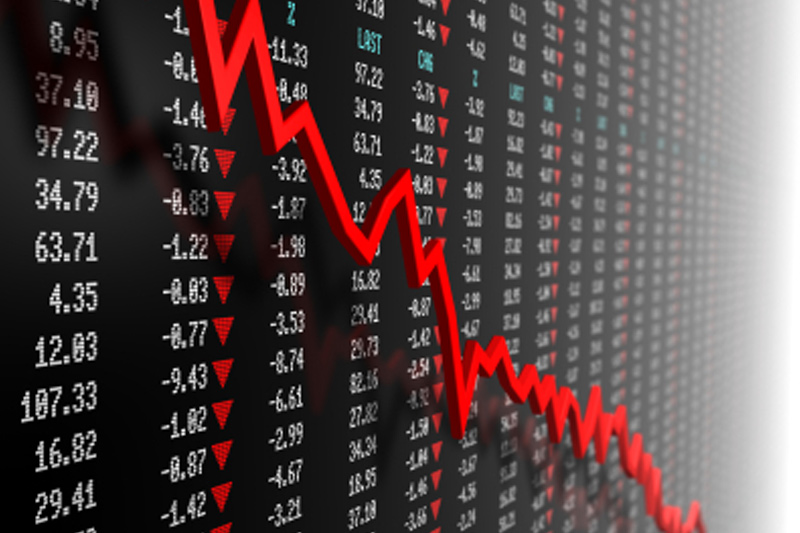Investing.com - Manufacturing activity in Germany slowed to the lowest level in almost three years in April, adding to concerns over the economic outlook of the euro zone’s largest economy, preliminary data showed on Monday.
In a report, market research group Markit said that its preliminary German manufacturing purchasing managers’ index declined by 2.1 points to a seasonally adjusted 46.3 in April from a final reading of 48.4 in March.
Analysts had expected the index to rise by 0.6 points to 49.0 in April.
A reading above 50.0 on the index indicates industry expansion, below indicates contraction.
Reduced levels of output, new orders and employment meant that the headline Manufacturing PMI fell to its lowest since July 2009.
Manufacturers also reported a steep drop in new export business during April, thereby extending the current period of decline to ten months.
Alongside this evidence of spare capacity in April, private sector employment levels were reduced for the first time in just over two years.
Meanwhile, the report showed that service sector activity in Germany rose to a two-month high in April.
The preliminary services purchasing managers’ index improved by 0.5 point to a seasonally adjusted 52.6 from 52.1 in March. Analysts had expected the index to ease up 0.2 points to 52.3.
Commenting on the report, Tim Moore, Senior Economist at Markit said, “Germany’s economy continued to rest on a knife edge of recession in April. The overall manufacturing performance was the weakest since mid-2009 as shrinking export demand reverberated through the sector.”
He added that, “A prolonged period of job market insecurity, alongside the ongoing squeeze on household purchasing power, would further diminish the ability of domestic consumption to keep the wheels of recovery moving.”
Following the release of the data, the euro added to losses against the U.S. dollar, with EUR/USD shedding 0.52% to trade at 1.3149.
Meanwhile, European stock markets plunged after the open. The EURO STOXX 50 tumbled 2%, France’s CAC 40 plummeted 1.8%, London’s FTSE 100 declined 1.15%, while Germany's DAX dropped 1.9%.
In a report, market research group Markit said that its preliminary German manufacturing purchasing managers’ index declined by 2.1 points to a seasonally adjusted 46.3 in April from a final reading of 48.4 in March.
Analysts had expected the index to rise by 0.6 points to 49.0 in April.
A reading above 50.0 on the index indicates industry expansion, below indicates contraction.
Reduced levels of output, new orders and employment meant that the headline Manufacturing PMI fell to its lowest since July 2009.
Manufacturers also reported a steep drop in new export business during April, thereby extending the current period of decline to ten months.
Alongside this evidence of spare capacity in April, private sector employment levels were reduced for the first time in just over two years.
Meanwhile, the report showed that service sector activity in Germany rose to a two-month high in April.
The preliminary services purchasing managers’ index improved by 0.5 point to a seasonally adjusted 52.6 from 52.1 in March. Analysts had expected the index to ease up 0.2 points to 52.3.
Commenting on the report, Tim Moore, Senior Economist at Markit said, “Germany’s economy continued to rest on a knife edge of recession in April. The overall manufacturing performance was the weakest since mid-2009 as shrinking export demand reverberated through the sector.”
He added that, “A prolonged period of job market insecurity, alongside the ongoing squeeze on household purchasing power, would further diminish the ability of domestic consumption to keep the wheels of recovery moving.”
Following the release of the data, the euro added to losses against the U.S. dollar, with EUR/USD shedding 0.52% to trade at 1.3149.
Meanwhile, European stock markets plunged after the open. The EURO STOXX 50 tumbled 2%, France’s CAC 40 plummeted 1.8%, London’s FTSE 100 declined 1.15%, while Germany's DAX dropped 1.9%.
